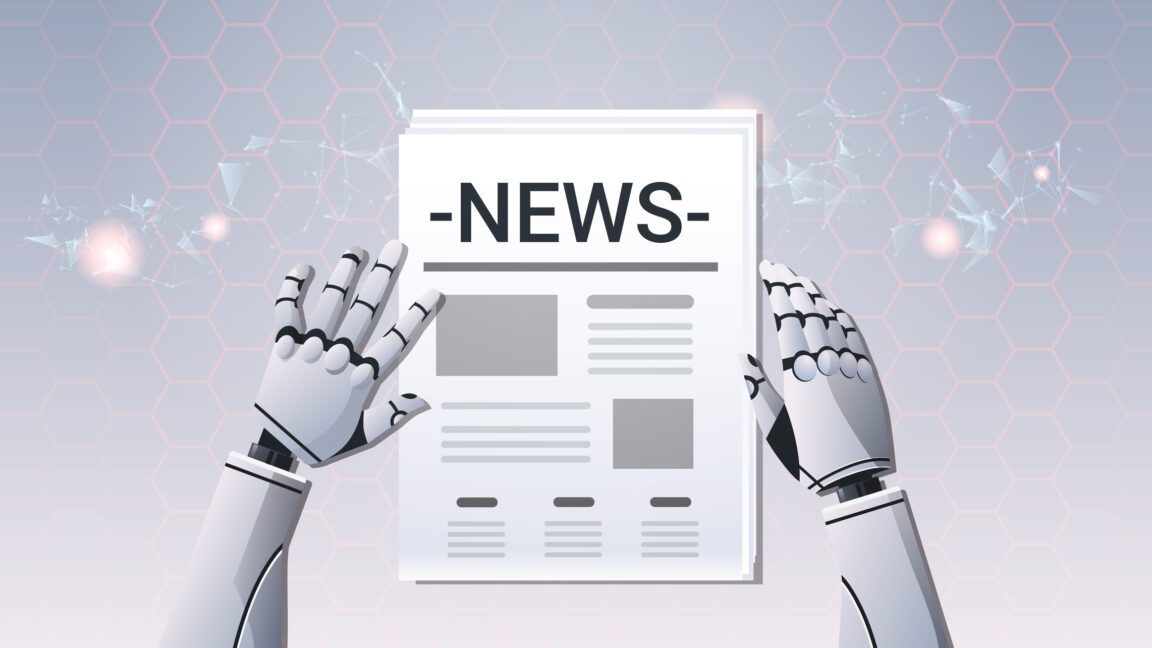Trump is a drunk driver taking the economy off the cliff into a needless recession—as we warned
With Trump enacting tariffs in the most uncertainty-inducing way possible, businesses are paralyzed—with devastating repercussions.

We presciently warned for a year and earlier this week in Fortune that Trump’s economic policies and this week’s “Liberation Day” tariffs announcement would prove to be a cataclysmic event. Like frat boys in denial that the driver of their car is dangerously drunk, Trump acolytes such as Peter Navarro, who ludicrously implored “trust in Trump,” and Howard Lutnick, who flippantly argued, “let Trump run the global economy,” are cheering as Trump, intoxicated with his power, is inches away from blindly driving the U.S. economy off the cliff with other silent enabling lieutenants paralyzed by fear.
Many economists have focused on the hyperinflationary nature of Trump’s tariffs, the tariff-driven 15% plunge in the stock market wiping out ~$5 trillion in wealth, the damage to consumer confidence, the laughably dubious way the ‘reciprocal’ tariffs formula was calculated, and the specter of retaliatory tariffs. That was enough to fully fund the Ukraine war for a century and fund the NIH for a century. But there is an even greater concern we’ve been hearing over and over from CEOs that is hugely underappreciated—which is that businesses are becoming entirely paralyzed from authorizing new investments.
That’s because Trump’s tariffs are being enacted in the most uncertainty-inducing way possible, with Trump already signaling his openness to deals to reduce country-specific tariffs—the ones he just enacted 48 hours ago. That fits Trump’s classic negotiating style, which is to punch ’em in the face so hard that they are all but begging for a deal, and to make it up as he goes along from there.
That might have worked for Trump when he was running the family business of the Trump Organization, but it is plainly catastrophic now. The global economy is not the Trump Organization.
Business investment paralyzed
CEOs from automakers to pharma chiefs and computer components tell us Trump’s whiplash-inducing pronouncements are counterproductive in the confusion he creates. Businesses need predictability and years of lead time in order to authorize new investments, because it generally takes upwards of five years from the moment an investment is authorized to the moment a factory is ready to go. No business can authorize investments that cost billions of dollars of shareholders’ money in plants, factories, or reshoring supply chains when there is such head-spinning policy turbulence; any CEOs that tried to do so would likely be fired by their board and investors on the spot.
With tariff policy shifting not day by day, but hour by hour, with over 100 such pivots (as we previously documented) and apparently many more on the way amidst what’ll be weeks of frenzied negotiations, business investment is entirely paralyzed—and will continue to be frozen for the foreseeable future. That is exactly the opposite of what Trump intended.
Though Trump likes to tout glitzy announcements of new investments from businesses into the U.S., the reality is that few of these investments truly pan out, calling to mind first-term misfires such as Foxconn’s planned $10 billion electronics factory in Wisconsin which turned into abandoned shadows and idled plants. Many CEOs have started merely repackaging existing planned capital expenditures into a gauzy headline-drawing big number to appease Trump superficially, tossing in everything from normal operating expenses to employee salaries to inflate their headline amounts, while actually suspending new investment plans in practice.
For Trump to cite long past business promises to invest in the U.S. as if they were new responses to the current, delusional economic pronouncements is ludicrous.
The paralysis of hundreds of billions in business investment is already trickling through to the broader economy: NFIB Small Business confidence has plunged 50%, the labor market is deteriorating as the number of new layoffs quadrupled over the last three months, capital spending and investments have come to a standstill, and GDP growth forecasts have come down by 1%—but the downward cycle is just getting started. The long-term economic consequences from the paralysis of business investment would be absolutely devastating. After all, U.S. businesses account for a whopping 88% of U.S. GDP growth every year and are responsible for 85% of U.S. workforce hiring, so what is at stake amounts to tens of trillions of lost investment, and millions of lost jobs.
Trump’s defenders point out that Trump could actually end up securing genuine concessions from some foreign countries in the days and weeks ahead, especially from our Asian trader partners—after all, even Trump realizes low value-add industries such as textiles, clothing, and shoes aren’t coming back to the U.S., and it’s reasonable to expect that the list of tariff “exemptions” will grow in exchange for new market opportunities, the removal of non-tariff trade barriers, and lower tariff rates from foreign countries.
Reciprocal tariffs and a trade war
But even if Trump scores some genuine wins, for U.S. businesses, the negatives still far outweigh the positives. It’s clear that tariff policy is being driven entirely by Trump’s idiosyncratic whims and flights of fancy with little checks and balances and few critical constituencies. Trump and Trump alone is calling the shots, relishing the game of pitting countries and companies against each other in a high-stakes competition for his favor.
The cascade of retaliatory strikes from trading partners has already begun, with China announcing 34% tariff hikes against the U.S. and a block against many agricultural imports from the U.S. Furthermore, with some of our oldest, strongest allies, such as the EU—which Trump has long loathed—already signaling they will be coming out with reciprocal tariffs in the days ahead, the global trade war will only continue to escalate even if one-off deals are struck along the way here and there.
All that means that no matter what “wins” Trump extracts, businesses will remain substantively paralyzed; and as long as Trump continues his idiosyncratic approach to tariffs with one-off negotiations, that will fail to provide the necessary clarity that businesses need to invest and move forward.
Trump’s carnival barking turns the White House into a circus, but no matter how loudly he shouts false economic facts, his growling does not make them so. Clearly, Trump’s tariffs will send the economy tumbling straight into a recession induced by Trump and Trump alone. What we wrote earlier this week is even more true now: The real “liberation day” that U.S. businesses and the U.S. economy need is liberation from Trump’s idiosyncratic tariff whims. Someone sober like Treasury Secretary Scott Bessent or National Economic Council Director Kevin Hassett needs to take over the economic wheel—fast.
The opinions expressed in Fortune.com commentary pieces are solely the views of their authors and do not necessarily reflect the opinions and beliefs of Fortune.
Read more:
- Trump is knowingly steering the economy off the cliff with tariffs
- Tariffs won’t make America great again: Export-Import Bank’s former chairman and president
- Trump’s tariffs are flawed and contradictory—and the ‘Mar-a-Lago accord’ is suited for the trash bin
- Trump’s tariffs program is based on flawed assumptions about the trade deficit
This story was originally featured on Fortune.com


![How to Find Low-Competition Keywords with Semrush [Super Easy]](https://static.semrush.com/blog/uploads/media/73/62/7362f16fb9e460b6d58ccc09b4a048b6/how-to-find-low-competition-keywords-sm.png)



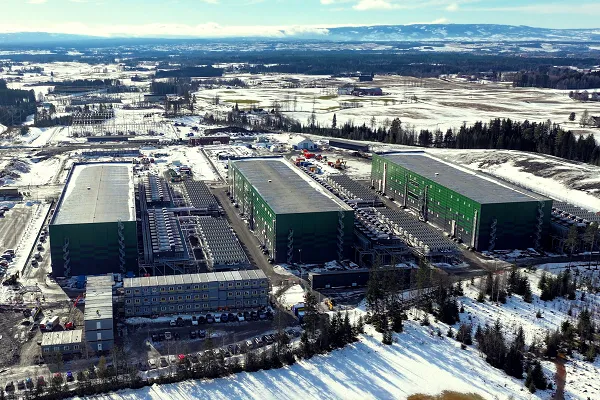

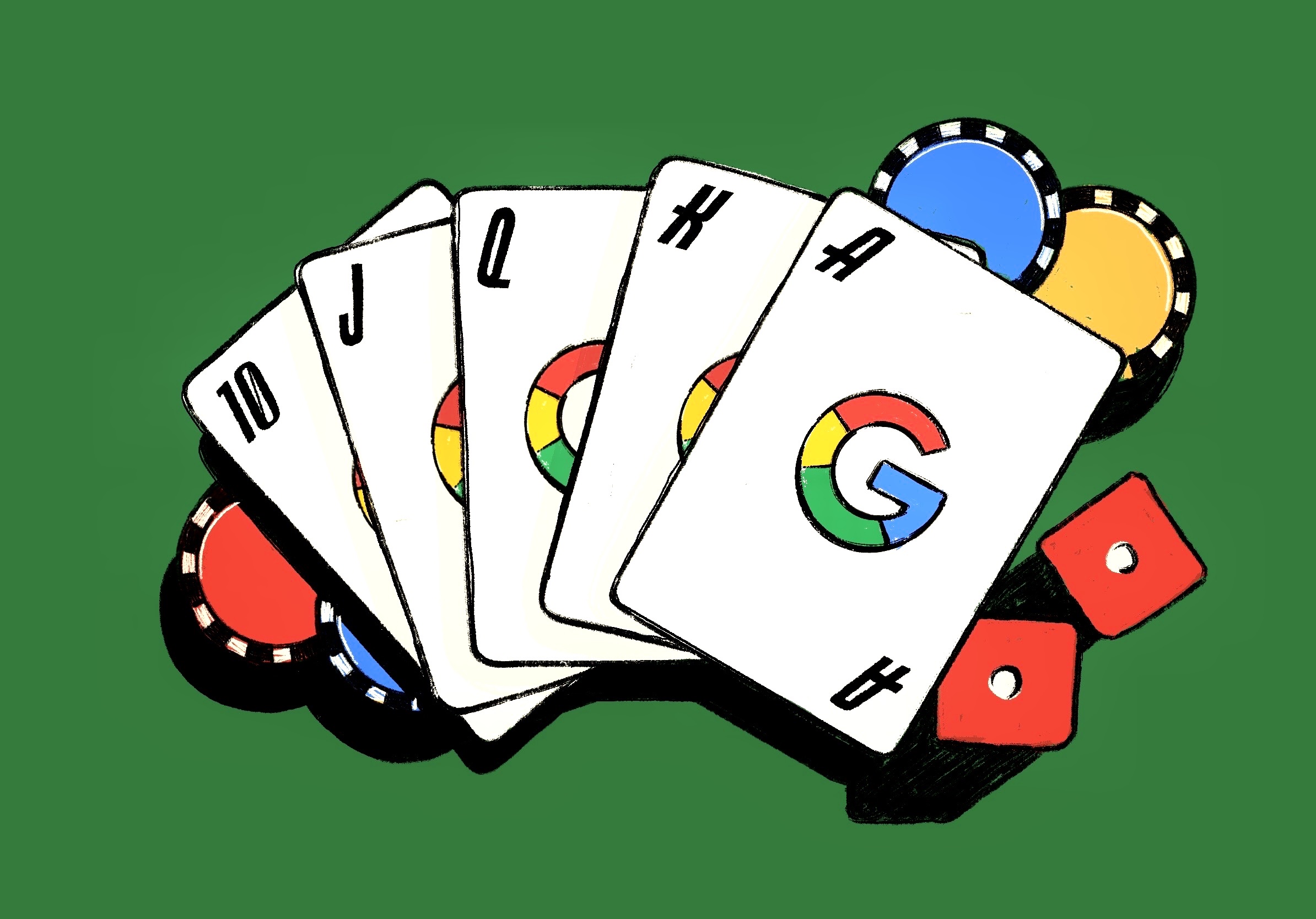
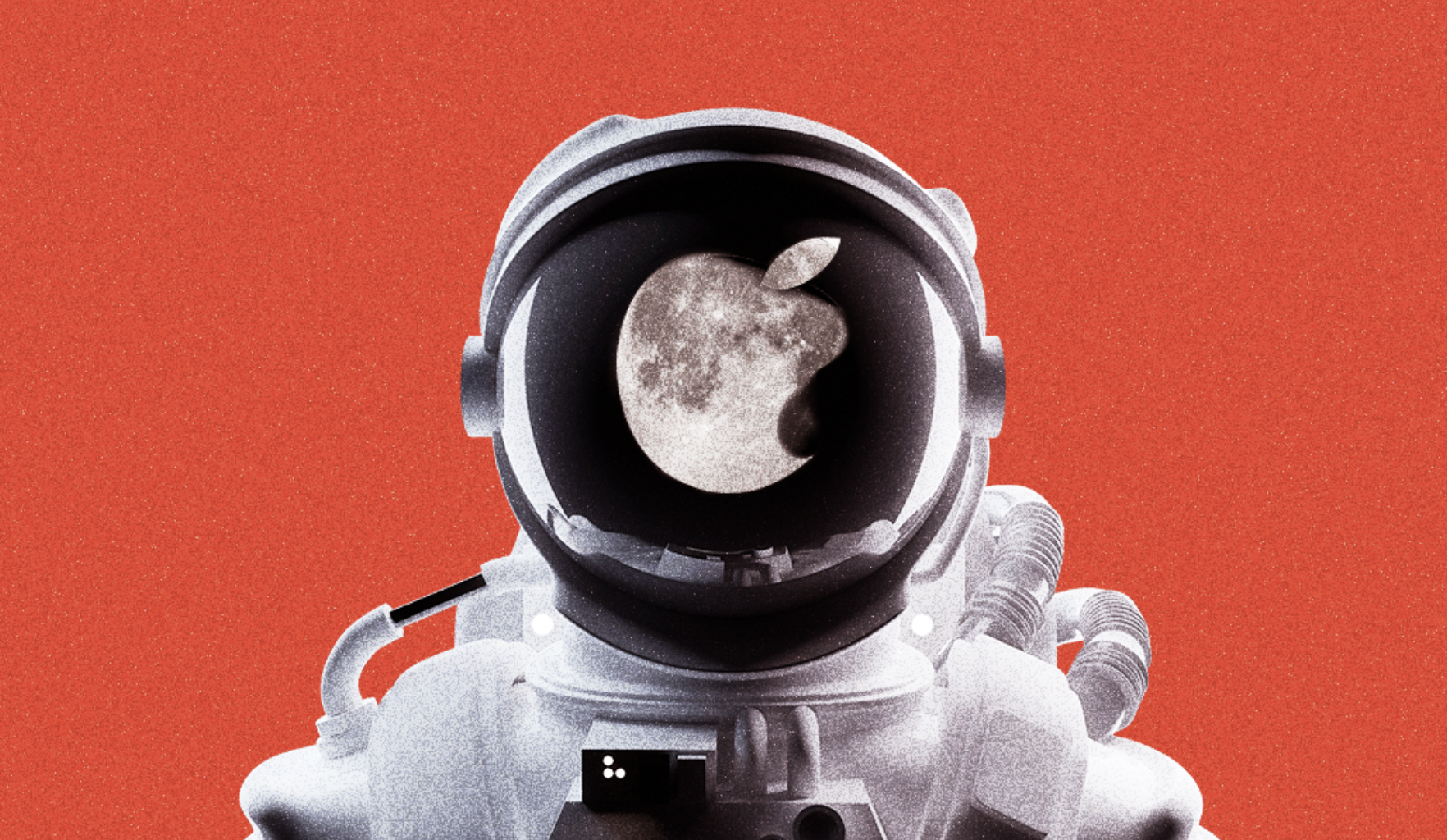


















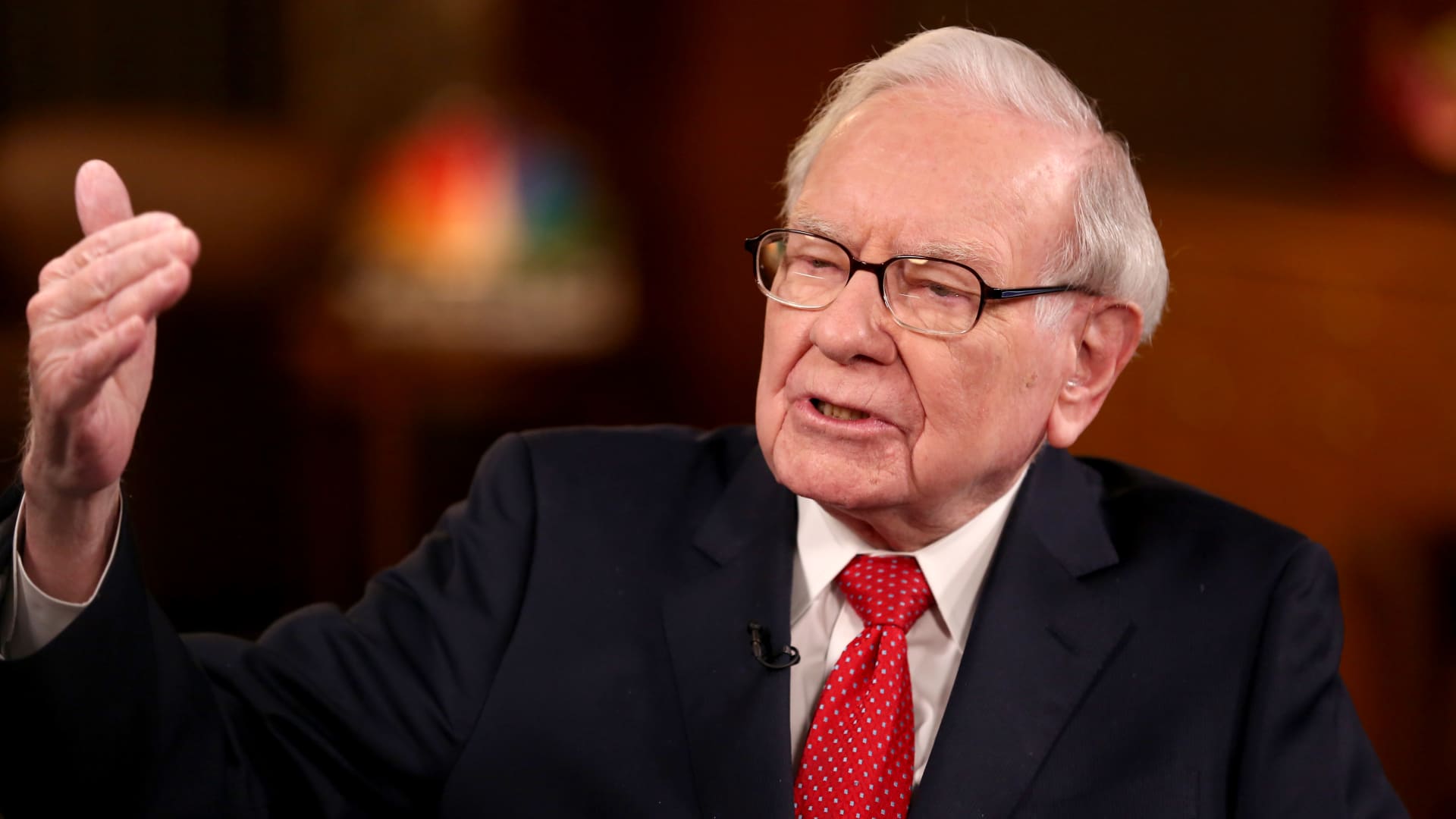



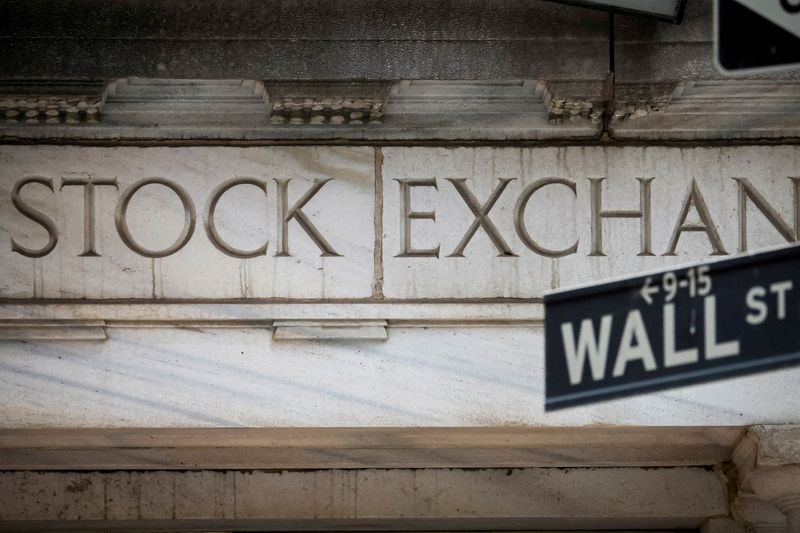
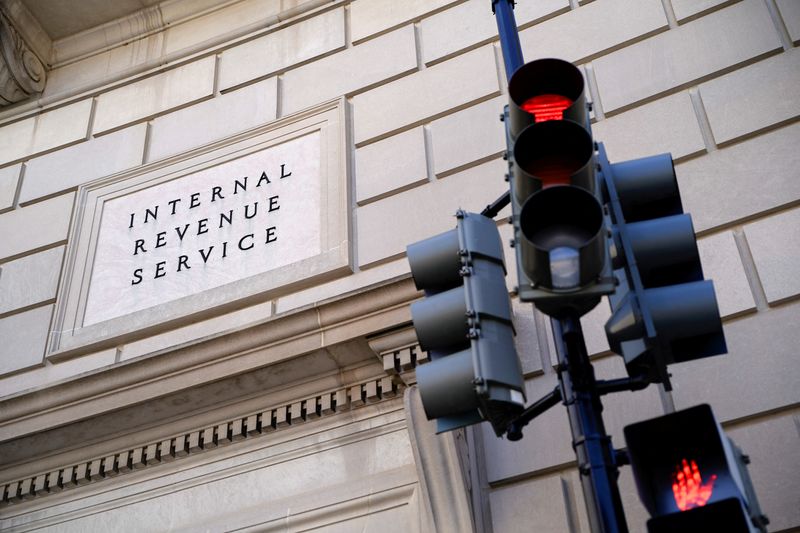
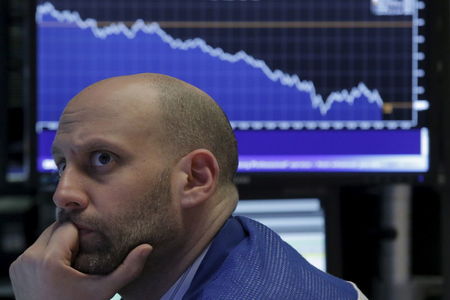








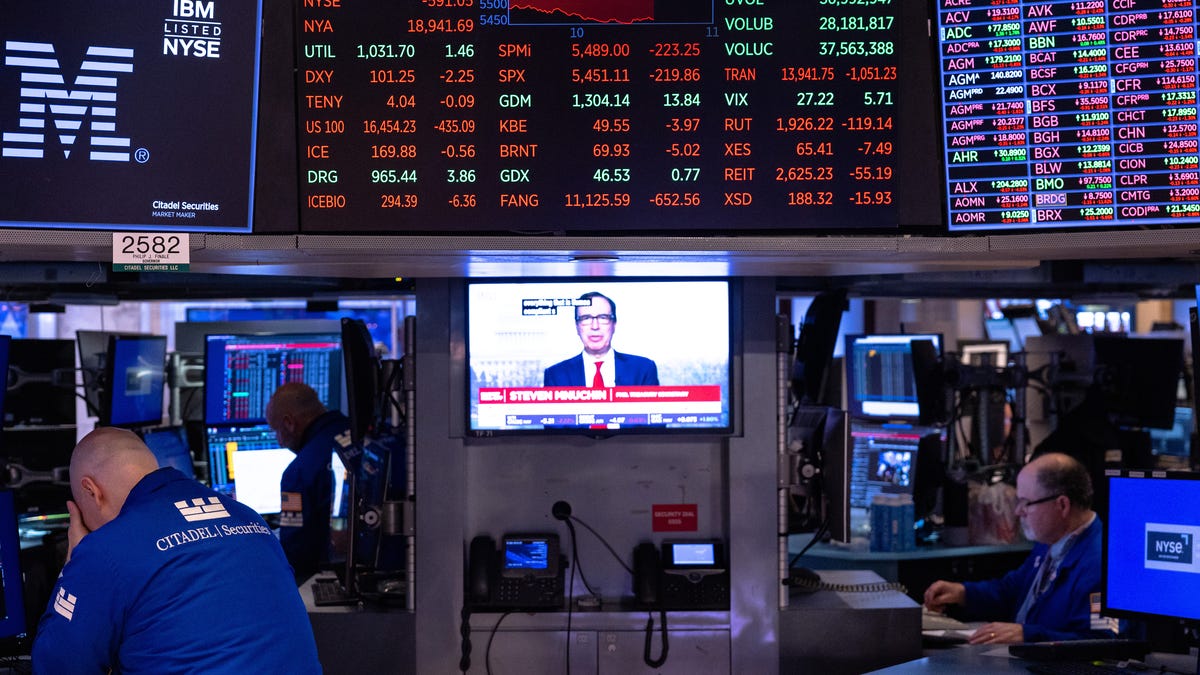













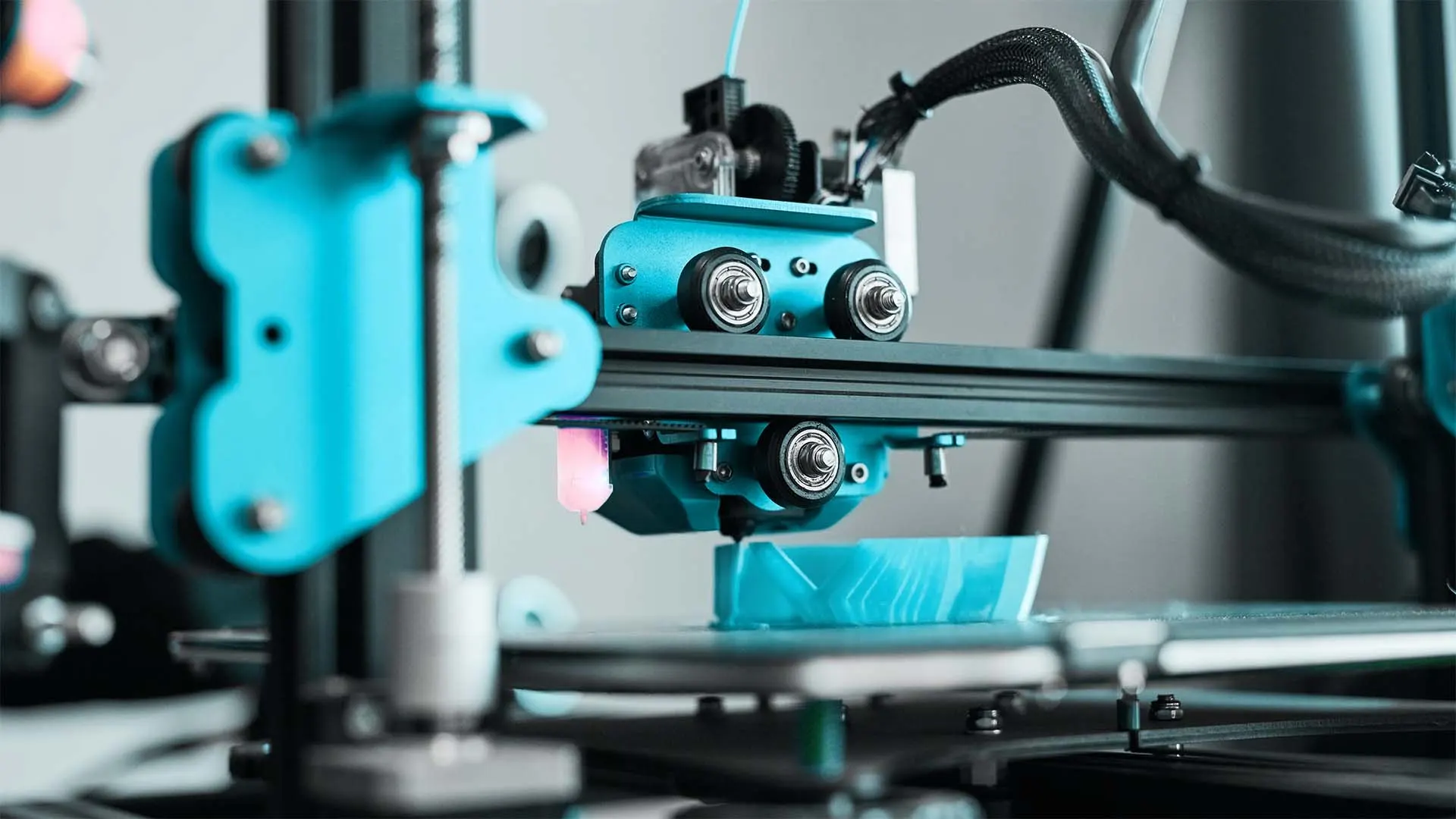

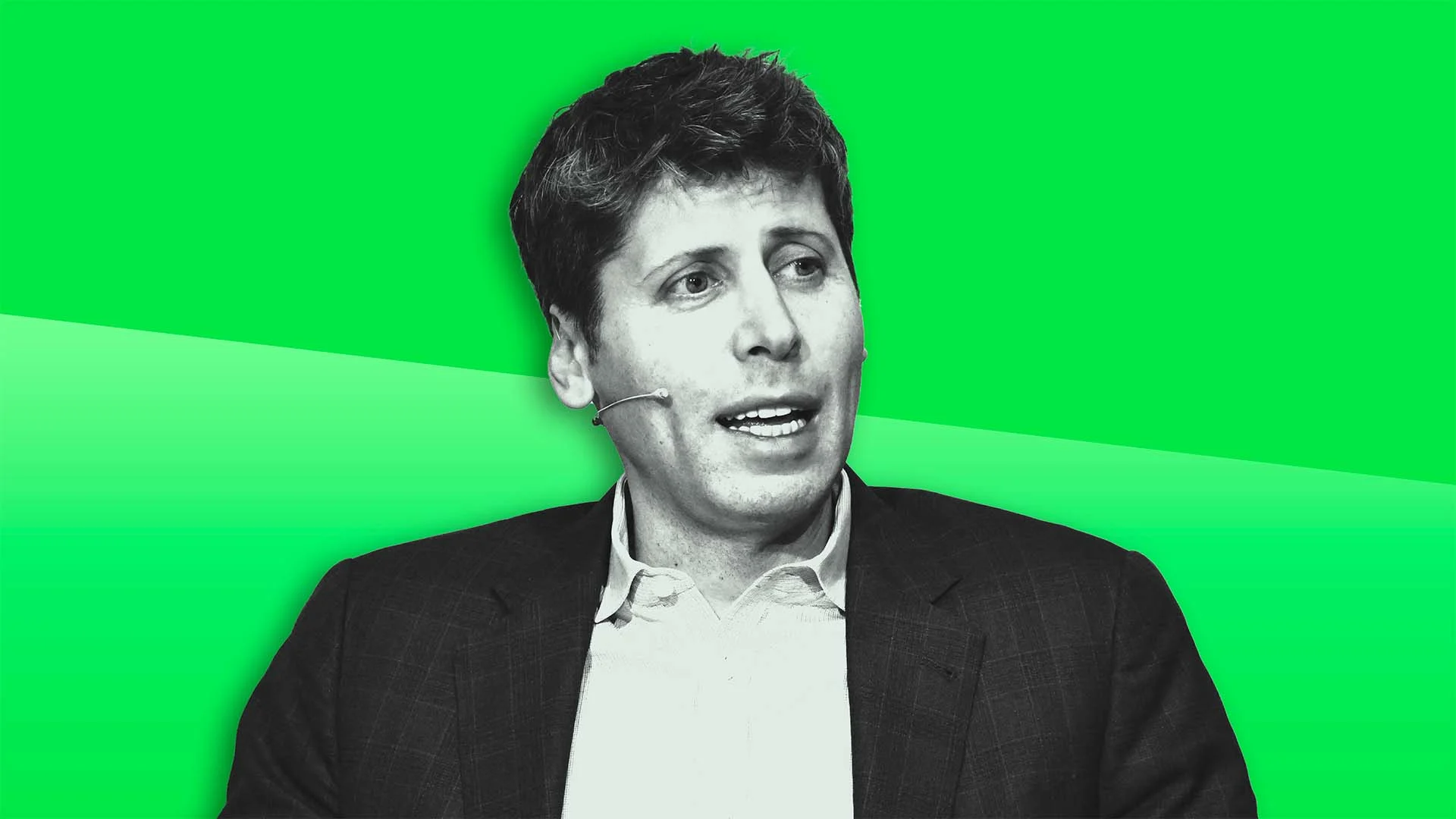
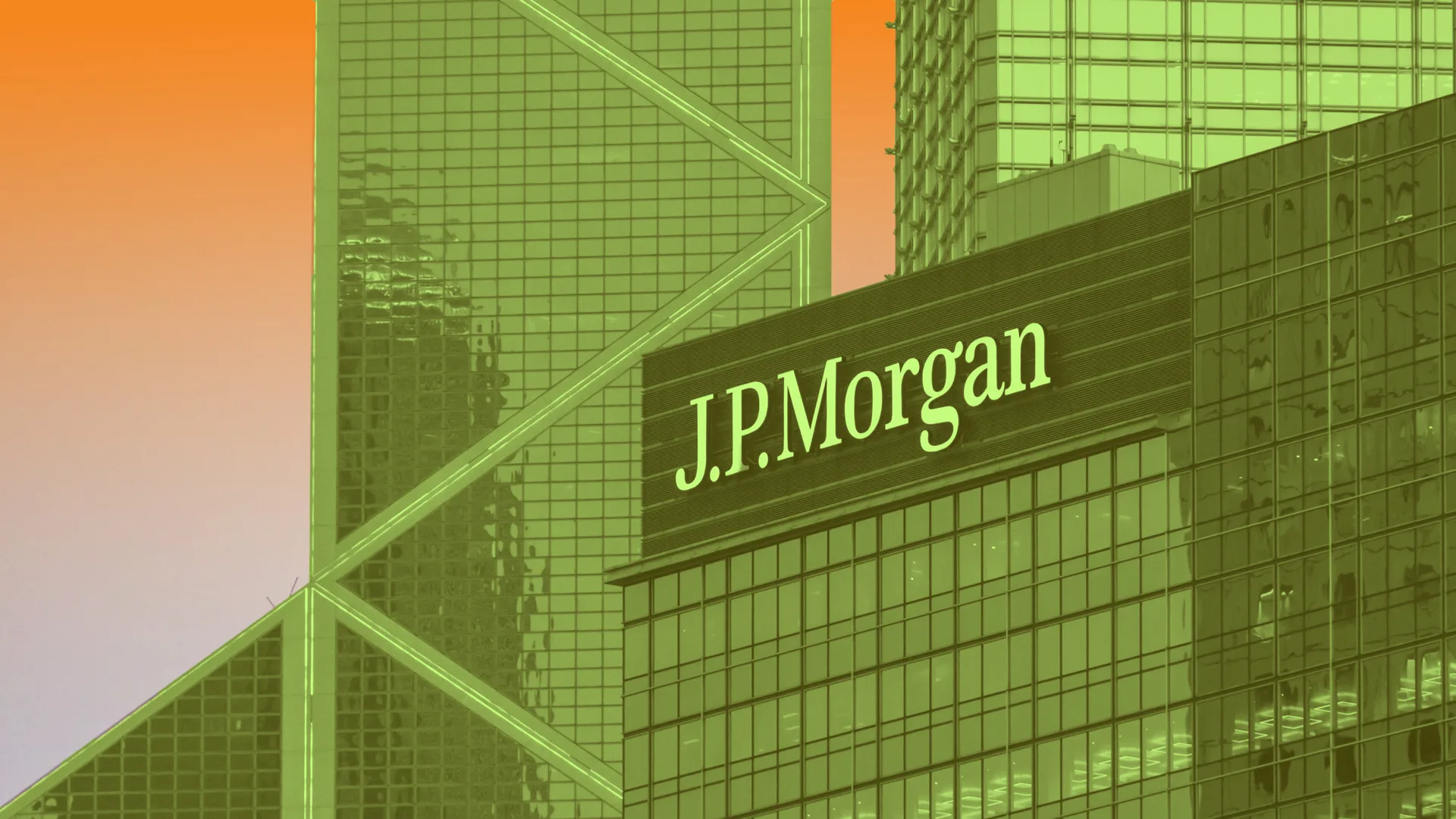














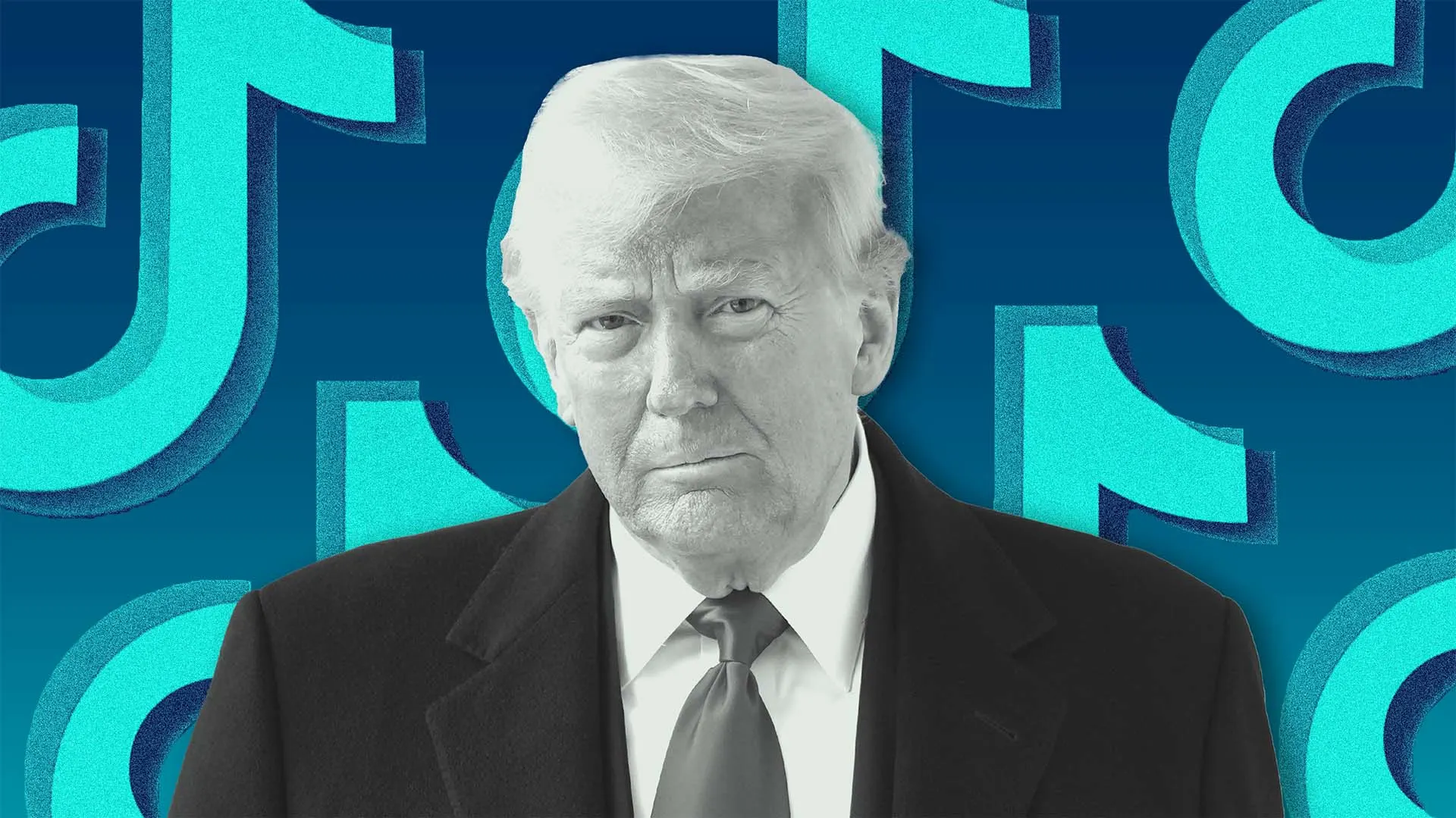































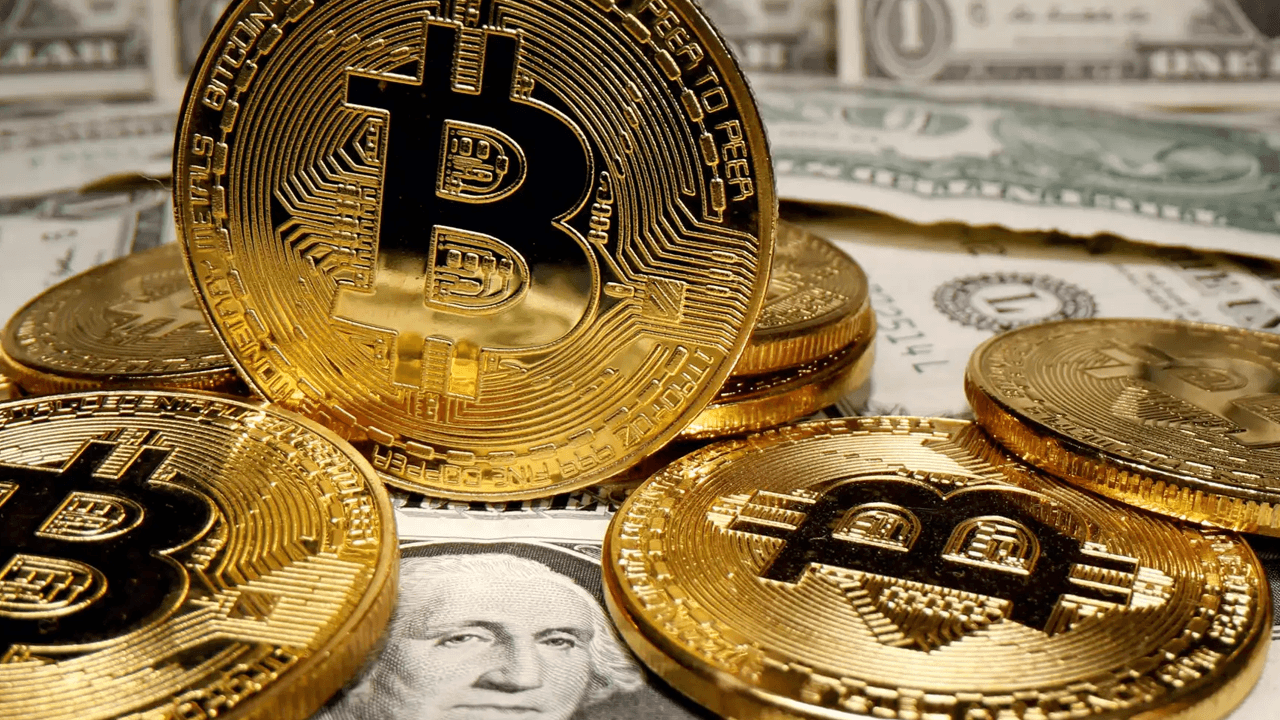



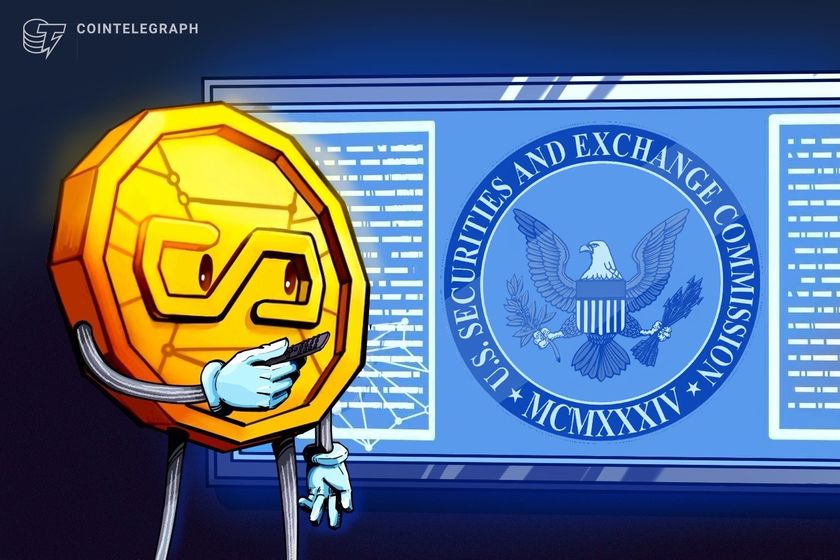



















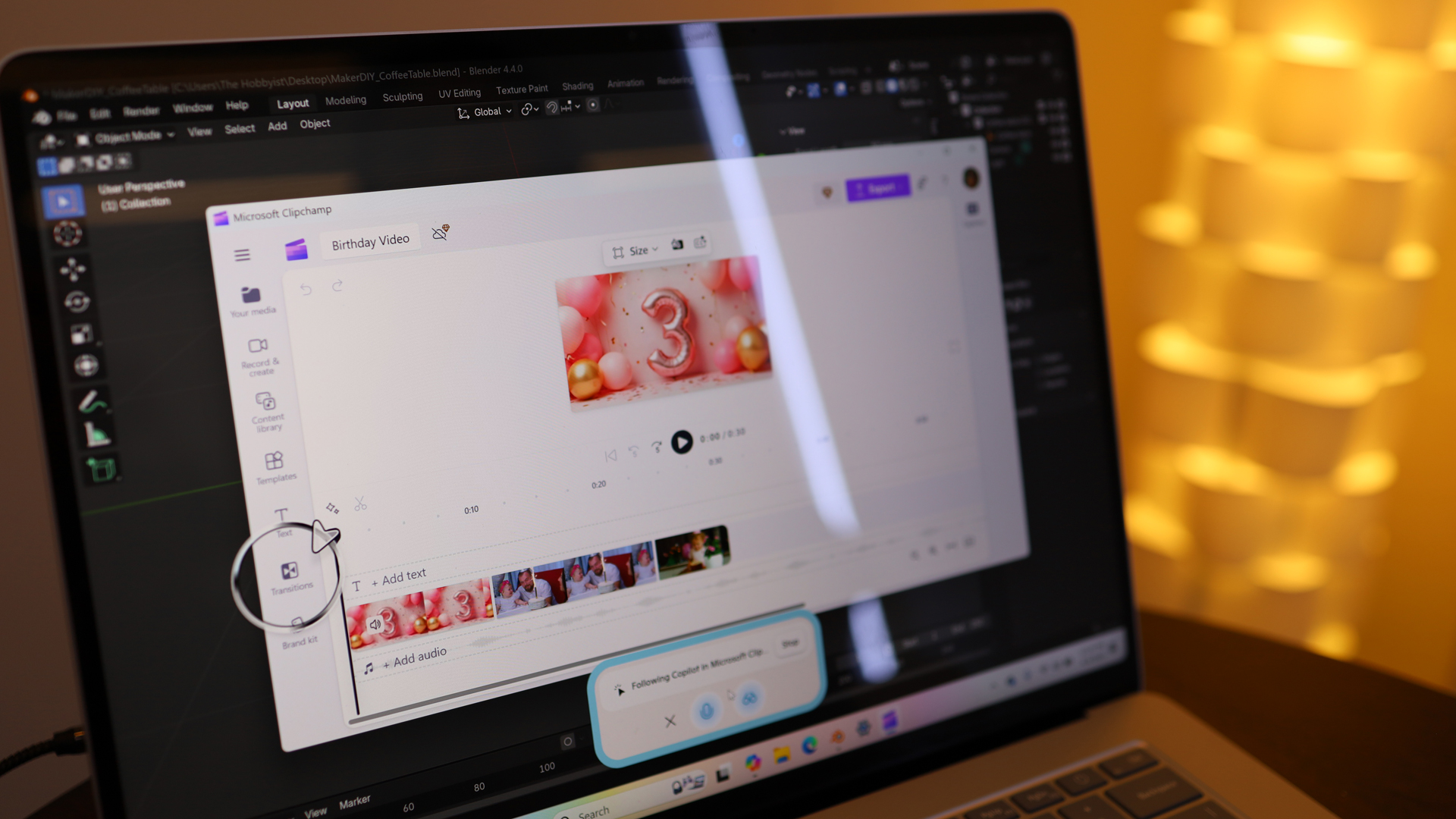







































.jpg)
%20Abstract%20Background%20112024%20SOURCE%20Amazon.jpg)








